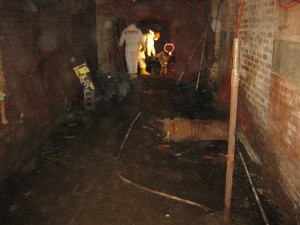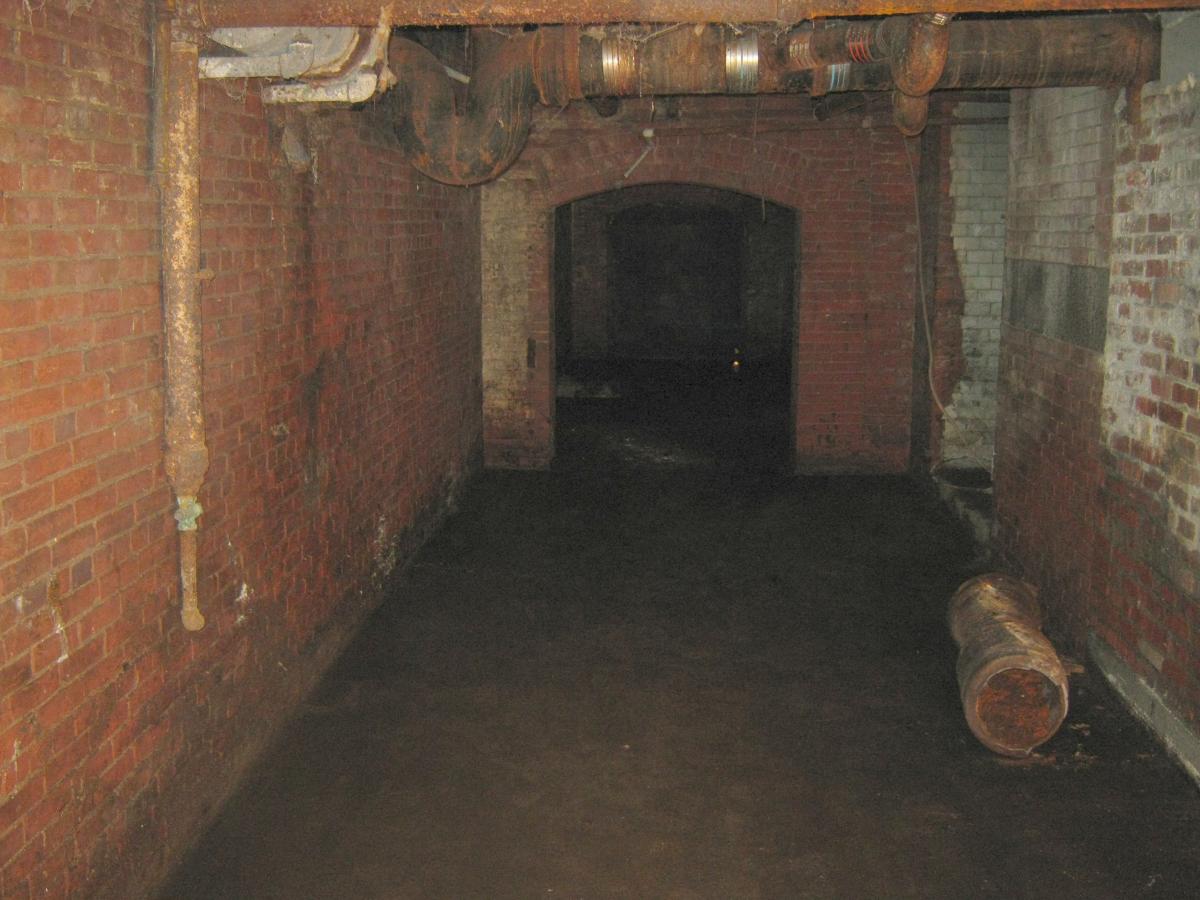SEWAGE LOSS CLEANUP
With rain fall reaching record numbers this summer, aging sewer systems across our Delaware Valley region are having a hard time handling all the extra water. The extra rain creates a strain on the old system. And, it’s causing some of the sewer systems to back up into both residential and commercial buildings.
The 3 Most common causes for sewage back up are:
• You guessed it! Solids or debris build up in the pipes. This includes fat, oil, grease, dirt, hair, bones, paper towels, kitty litter, diapers, broken dishware, garbage, and concrete.
• And then there are the tree roots. These infiltrate the pipes, plugging the wastewater flow.
• And last, sometimes it’s structural defects in pipes. Mostly, these are sags in the service line caused by flooding. But sometimes the defects are cracks, holes, misaligned pipes, open joints, and collapsing pipes.
Doing the sewage loss clean up work

Once the sewer system backs up into homes and buildings, the sewage creates a severe biohazard health risk that needs immediate attention to protect residents and employees from illness.
However, cleaning up after a sewage loss is a different kind of emergency situation than cleaning up clean water after a burst water heater or washing machine supply hose failure.
A sewage loss cleanup requires special attention from the experts to handle it the right way.
Full hazmat protection protects the workers from disease causing bacteria contained in the sewage. This includes the full complement of personal protective gear like ventilating masks, neoprene gloves, and Tyvek suits with water-proof boots.
In this job, PuroClean Emergency Recovery Services technicians removed over a ton of debris from this basement after the sewage was extracted. Then we sanitized everything: ceiling, walls, and floor. To do that, we pressure washed everything with an anti-microbial solution. Then we extracted the water a second time. After that, we set them up to dry. This prevented harmful mold growth.
And now our sewage loss cleanup work has been featured in the May 2015 edition of R & R Magazine: “A Sewage Job for the Ages”
Call Us Now at 877-750-7876
We’ll get your property clean, dry and sanitized as quickly as possible to prevent illness and reduce the danger from contamination.

